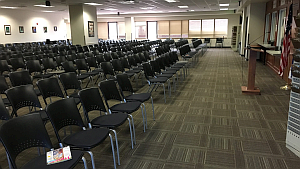The holiday season takes many people out of their usual safe Internet connections and on to public WiFi. The Portland, Oregon division of the US Government FBI posted these following tips to keep you safe from data theft.
https://www.fbi.gov/contact-us/field-offices/portland/news/press-releases/tech-tuesdayholiday-travels
















































